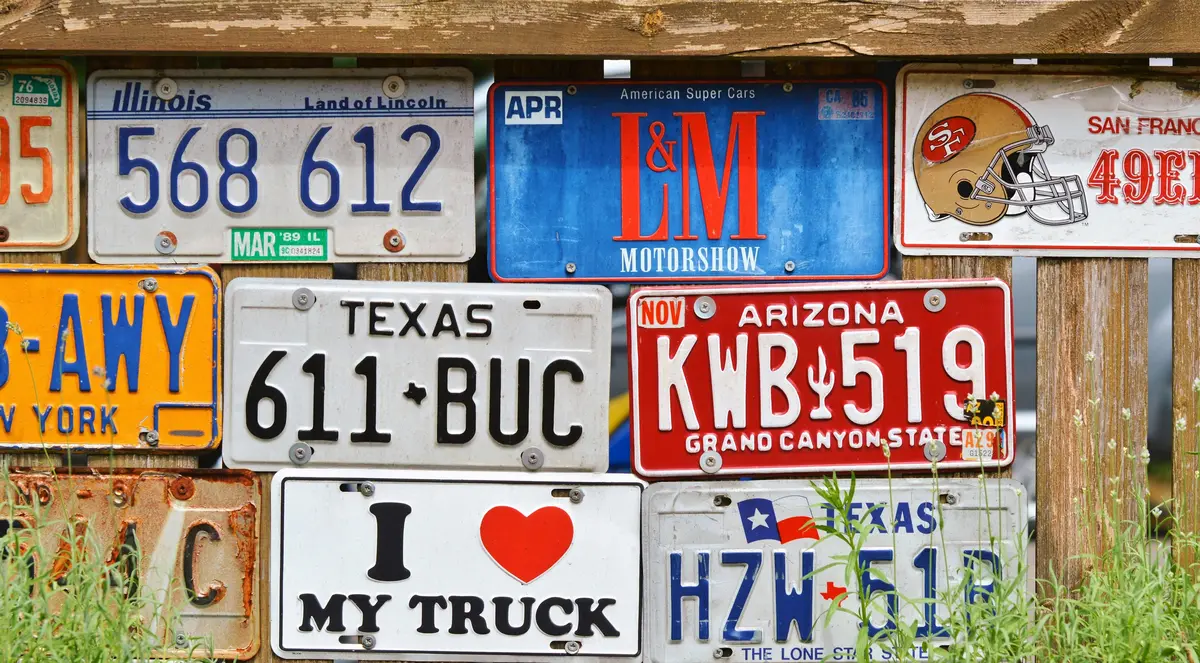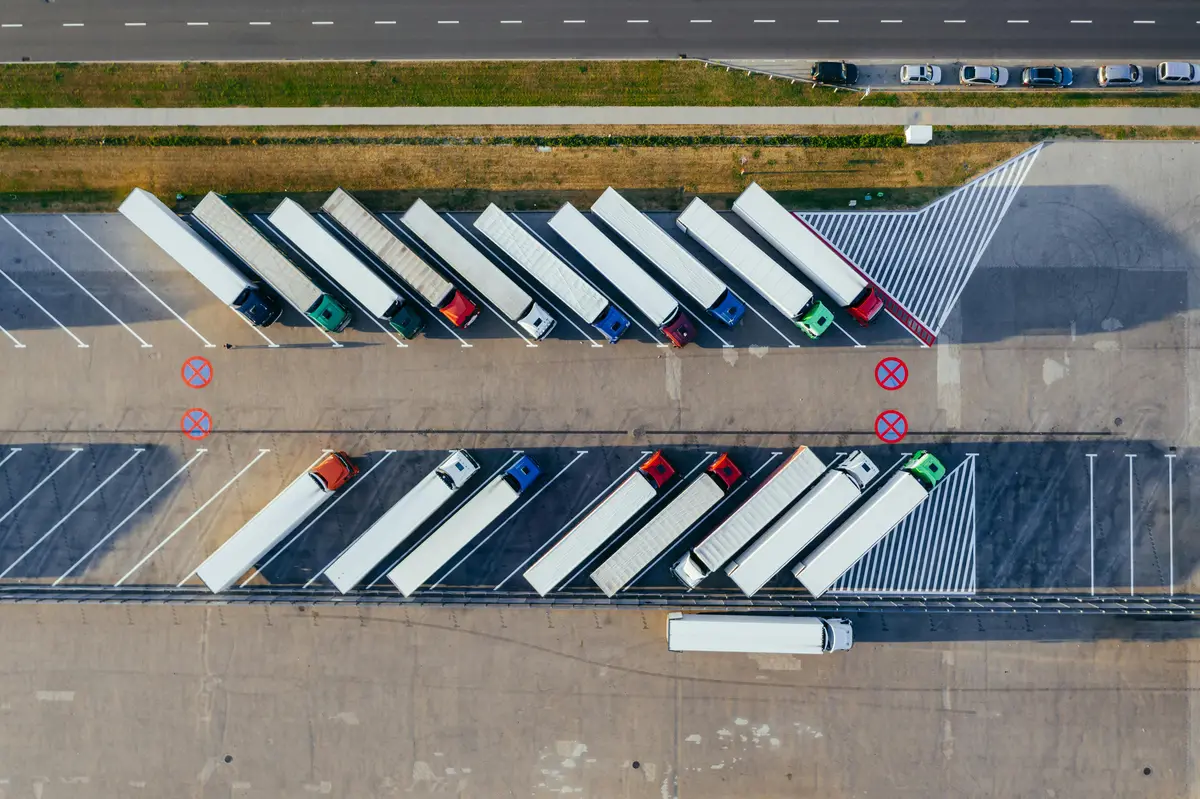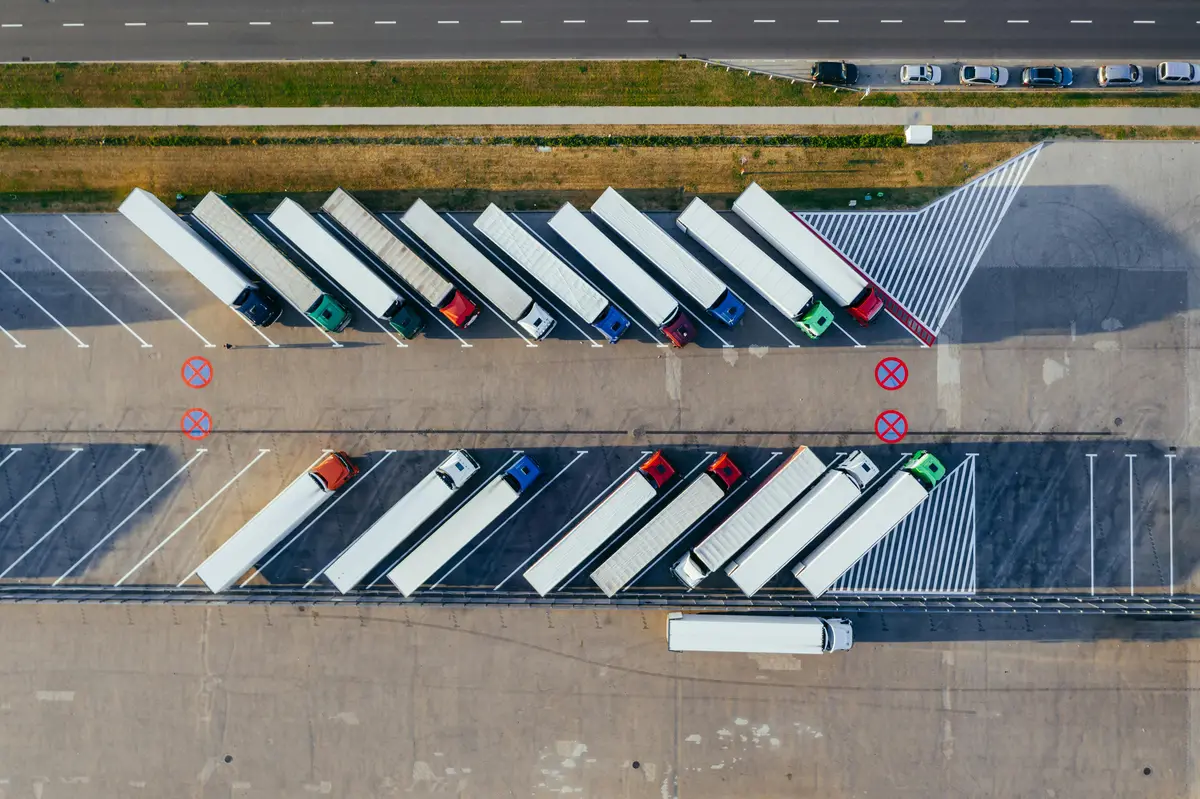
Here’s the 411 on Unified Carrier Registration
Picture this: You’ve built a successful trucking business. Your drivers are dependable, your fleet is growing, and you’re securing high-paying contracts. Then, a compliance audit reveals your Unified Carrier Registration (UCR) has expired. The result? Fines, penalties, and unnecessary downtime—all because of a missed renewal deadline.
Every year, trucking companies and freight brokers face fines or operational delays simply because they didn’t file or renew their UCR on time. If you manage a commercial fleet, work in CDL compliance, or own a trucking business, keeping up with UCR requirements isn’t optional—it’s critical.
With Drivers Files Online, fleet managers, small business owners, and CDL compliance consultants can easily manage regulatory filings, track driver qualifications, and automate renewal reminders.
➡ Don’t let compliance mistakes put your business at risk. Sign up today!
What Is Unified Carrier Registration?

The Unified Carrier Registration (UCR) Program is a federal regulation requiring commercial motor carriers, freight brokers, and leasing companies to pay an annual fee to operate legally across state lines.
This program, established under FMCSA, replaced the Single State Registration System (SSRS) and applies to all carriers conducting interstate commerce.
Unified Carrier Registration Meaning & Definition
A Unified Carrier Registration fee funds state safety programs and FMCSA enforcement efforts.
If you’ve ever wondered, “Is Unified Carrier Registration required?” the answer is yes—if you operate a commercial vehicle that crosses state lines.
➡ Use the official UCR lookup tool to verify your registration status.
Who Needs Unified Carrier Registration?

The Unified Carrier Registration FMCSA requirement applies to:
✔ Motor carriers (for-hire and private carriers) operating commercial motor vehicles (CMVs) across state lines.
✔ Freight brokers and leasing companies that facilitate interstate transport.
✔ Commercial vehicles meeting DOT’s weight criteria.
A CMV is defined as any vehicle used for interstate commerce that:
✔ Has a gross vehicle weight of 10,001 lbs or more.
✔ Transports hazardous materials requiring placarding.
✔ Carries more than 10 passengers (including the driver).
If you operate only within your home state, you may be exempt from UCR requirements. However, always confirm with your state DOT to avoid penalties.
➡ Check this guide by UCR to determine if you must file.
How to File Unified Carrier Registration Online

Step 1: Determine Your UCR Fee Based on Fleet Size
UCR fees are based on fleet size, not mileage or vehicle type.
| Fleet Size | 2024 UCR Fees |
| 0-2 Vehicles | $41 |
| 3-5 Vehicles | $121 |
| 6-20 Vehicles | $242 |
| 21-100 Vehicles | $844 |
| 101-1,000 Vehicles | $4,024 |
| 1,001 or more Vehicles | $44,836 |
➡ Check the UCR fee schedule for updates.
Step 2: File Your Unified Carrier Registration Online
1️⃣ Go to the official UCR website.
2️⃣ Enter your USDOT Number to verify fleet details.
3️⃣ Pay the UCR fee online.
📌 Pro tip: The Unified Carrier Registration due date is December 31st every year. Missing this deadline could mean fines and out-of-service orders.
Common UCR Compliance Mistakes & How to Avoid Them
Many trucking companies unknowingly make UCR filing mistakes that lead to penalties or delays. Some common errors include:
- Missing the renewal deadline – The UCR registration must be renewed annually before December 31st, but many companies forget or assume they are exempt.
- Incorrect vehicle count – UCR fees are based on fleet size, and underreporting vehicles could lead to compliance violations.
- Failing to keep UCR records – Some companies assume UCR payments are automatically verified, but keeping proof of registration is essential in case of audits.
To avoid these issues, trucking businesses should set calendar reminders, maintain accurate fleet records, and verify registration through official sources before the deadline.
How UCR Compliance Fits into a Broader Safety & Compliance Strategy

UCR registration is just one piece of a larger compliance puzzle for CDL businesses. Companies must also ensure they meet FMCSA and DOT regulations in other areas, including:
- Driver Fitness & Licensing – Ensuring all drivers have valid CDLs, medical certifications, and endorsements.
- Vehicle Maintenance – Keeping accurate maintenance logs and performing regular inspections to avoid violations.
- Accident & Safety Tracking – Monitoring driver safety records and crash history to mitigate risks.
By integrating UCR compliance with a comprehensive safety and compliance program, businesses reduce liability, improve operational efficiency, and maintain a strong CSA score for drivers.
Drivers Files Online: CDL Compliance & Fleet Management

Drivers Files Online doesn’t just simplify compliance—it helps fleet managers, HR professionals, and CDL consultants save time and reduce risk. Instead of juggling paperwork, missing renewal deadlines, or scrambling during audits, our user-friendly system centralizes all critical driver data. Whether you manage a small fleet or a multi-location trucking operation, our tools ensure seamless compliance tracking. With automated alerts, customizable reporting, and a secure digital storage system, you can focus on operations instead of paperwork. Plus, with scalable pricing, businesses of all sizes can access the compliance solutions they need without overpaying.
At Drivers Files Online, we provide:
✔ Online Driver Applications – Ensure applicants meet FMCSA requirements before hiring.
✔ State MVR Reports – Instantly check driving history and violations.
✔ DOT PSP Reports – Review crash and roadside inspection data before onboarding drivers.
✔ Automated Compliance Tracking – Get notified when driver licenses, medical certificates, and UCR filings are due.
View more of our features and our pricing for more information on ways to use Drivers Files Online for your CDL needs!
➡ Stay ahead of compliance deadlines—sign up today!
Related Topics for CDL Fleet Managers & Compliance Consultants

Compliant Drivers Program & UCR
Managing UCR filings is only part of compliance. A structured driver qualification program is essential for staying audit-ready.
Learn how a compliant drivers program helps CDL businesses track safety records, certifications, and hiring requirements.
Why Companies Require License Details for UCR
UCR filings require accurate driver license details to confirm compliance.
Find out why CDL companies verify MVRs, PSP reports, and background checks in our guide titled, “Why Do Driving Companies Require Your License Details?”.
View more on our CDL compliance blog!
Unified Carrier Registration & CDL Compliance
Unified Carrier Registration is a federal requirement for any trucking business operating across state lines. Missing the deadline or failing to register can result in fines and operational delays.
But UCR is just one piece of the compliance puzzle. Managing CDL driver files, safety records, and qualification requirements is equally critical for fleet managers, small business owners, and compliance consultants.
With Drivers Files Online, you can simplify compliance tracking, automate renewal reminders, and ensure your fleet stays FMCSA-compliant.
➡ Take control of your compliance today! Sign up now.
FAQs About Unified Carrier Registration
What is Unified Carrier Registration?
Unified Carrier Registration (UCR) is a federal compliance requirement that mandates annual fees for interstate trucking companies and freight brokers.
Who needs Unified Carrier Registration?
All motor carriers, brokers, and leasing companies operating across state lines must file UCR annually.
What is the Unified Carrier Registration due date?
The UCR renewal deadline is December 31st each year.
📍 Find more compliance solutions at Drivers Files Online.
Disclaimer:
This article is for informational purposes only. Always verify regulations with FMCSA and your state DOT before filing UCR.
